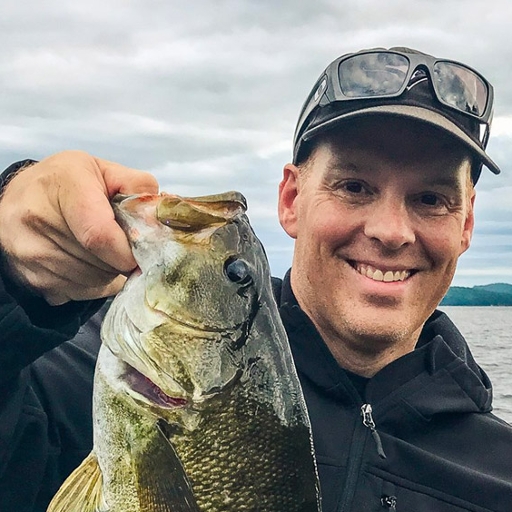Over the last three decades of working with organizations, I’ve had many conversations that have left me thinking deeply about the intersection of stewardship, responsibility and leadership. A specific interaction has left a lasting impression on me.
I once approached a client with a proposal to address several challenges their organization was facing. They were grappling with inefficiencies, rising costs and a growing awareness that they were missing the mark in their marketing, technology and communications. After carefully analyzing their situation, I presented a proposal that would address these issues head-on. The solutions would save significant money, increase efficiency and significantly enhance their engagement with stakeholders — all vital steps toward their organization’s long-term sustainability and growth.
When my primary contact reviewed the proposal, he acknowledged its tremendous value and potential impact. But then he shared something that stopped me in my tracks: While the solutions were excellent, the decision-makers would likely reject them. Why? Because implementing these changes would make several current roles unnecessary — including those of some of the decision makers.
And there it was — a moment that crystallized one of the most challenging aspects of leadership.
The Cost of Stewardship
That conversation forced me to confront a question that I believe every business owner and C-Suite leader must wrestle with: Is this okay?
I ask this not to pass judgment, but because I’ve seen firsthand the weight and complexity of these decisions. Leaders lose sleep over them — it’s not easy to disrupt people’s lives, especially when those people are colleagues, friends or even the ones helping to lead the organization.
But consider this: if your stakeholders — whether shareholders, customers, clients, members or supporters — knew that inefficiencies were being upheld to protect unnecessary positions (often at the expense of organizational culture), how would they view your leadership? Would they see the resources they’ve entrusted to your organization — whether that’s money, time or loyalty — as being used wisely?
As leaders, I believe we’re called to a higher standard of integrity and stewardship. When we let fear of change or personal comfort guide our decisions, we have to ask ourselves: Are we helping the company (and its culture), or hurting the company (and its culture)?
Three Questions to Consider
As you think about your organization's future and the role that wise stewardship plays in your decision making, I invite you to wrestle through these foundational questions:
- Are we stewarding our resources — time, money and talent — in a way that truly serves our mission and those we aim to serve?
- Are we willing to embrace necessary change when it aligns with our mission, even when it’s difficult or uncomfortable?
- How might the right partnerships help us navigate these challenges with wisdom, grace and flexibility?
This isn’t an easy conversation. Nobody in leadership wants to see their team members face uncertainty, particularly those who have contributed so much to the organization’s success. Yet resisting necessary change risks compromising your ability to serve your mission effectively. In many cases, it’s the organizations that embrace difficult but strategic decisions that emerge stronger, more impactful and better equipped to serve the people who rely on them.
---
At Bark, we believe deeply in partnership. Instead of forcing ministries into an all-or-nothing choice — either maintain everything in-house or outsource it all — our Bark ONE model integrates with your existing team to fill gaps with expertise, perspective and flexibility. If you’d like to explore how Bark ONE can help your organization be more effective, let's start the conversation.





